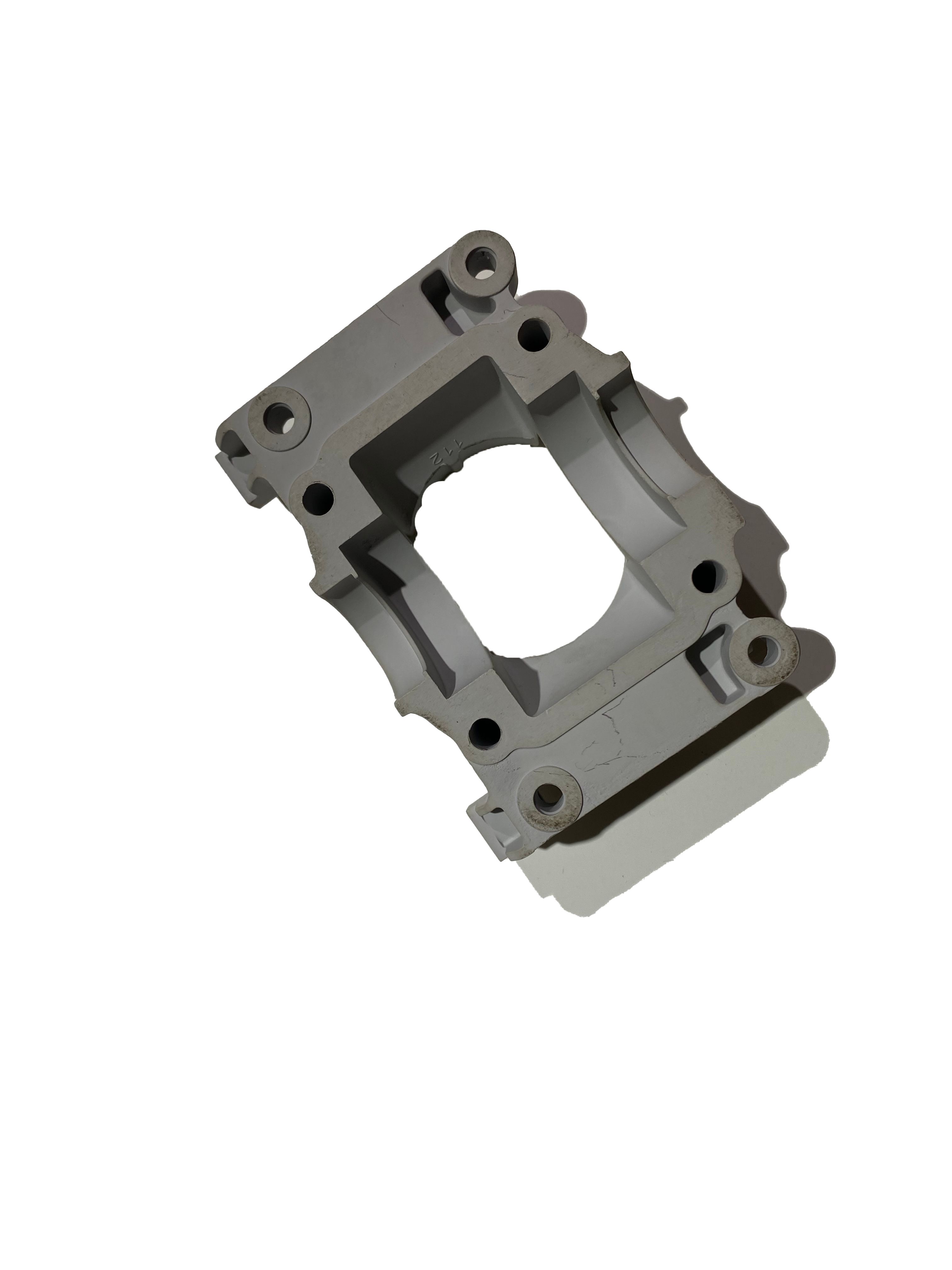Correo electrónico ukax janiw ch’usakïkaspati
Contraseña ukax janiw ch’usakïkaspati
Correo electrónico formato ukan pantjasitapa
Correo electrónico ukax janiw ch’usakïkaspati
Correo electrónico ukax nayratpach utjxiwa
6-20 chimpunaka(letranakampi jakhunakampikiwa)
Uka aruskipawixa janiwa chiqaparu uñjatäkiti
Correo electrónico formato ukan pantjasitapa
Correo electrónico ukax janiw ch’usakïkaspati
Correo electrónico ukax janiw utjkiti
6-20 chimpunaka(letranakampi jakhunakampikiwa)
Uka aruskipawixa janiwa chiqaparu uñjatäkiti

Yatiyawinaka
What Kind of Stainless Steel Investment Casting Is Right for You
The high manganese steel material used in stainless steel precision casting has many columnar crystals and fine equiaxed crystals. Low temperature casting will make the crystal grains fine and column crystals appear. If the casting is too high, transgranular will appear. It is easy to produce unfamiliar pine, cracks and other stainless steel precision casting defects and functional defects such as excess toughness storage. Extracting rare earths can also block grain growth.
What kind of stainless steel investment casting is right for you?

The crack tendency of stainless steel precision casting is relatively low. In the process of use, it is necessary to ensure that the alloy has its outstanding exhaust gas feeding ability, so that the conditions for sequential crystallization can be produced, so that its density can be increased. The temperature of the lower casting will be high. The production temperature can ensure that the melt will have good fluidity during the transfer process.
In the process of selecting its casting temperature, the equipment needs to be determined according to some factors such as its injection interval and the cooling state of the injection process. In order to ensure that cold cracking is reduced as much as possible in stainless steel precision casting, attention must be paid to raw materials and production processes. The wall thickness of the casting should be as uniform as possible, and the principle of simultaneous coagulation should be used, and the phosphorus content should be strictly controlled to avoid cold brittleness.
For castings with large differences in wall thickness, complex shape and structure or large and thin castings, try to use alternative materials for high manganese steel for casting. When the temperature is lower than 650 °C, the high-manganese steel is in an inertial state. Under this measurement, the high-manganese steel grain boundary network carbide has been formed, thus increasing the plasticity; when the expansion hits the wall, the expansion stress exceeds the strength of the high-manganese steel under the measurement, and cracks occur. Grain boundary germination, under the effect of stress orientation, transgranular fracture, resulting in cold cracking.
The structural force of the pouring system is relatively simple, and the cross-sectional size of the equipment in the process of use should be larger than that of cast iron, so that the hot casting mold or the dry casting mold can also be used in the process of processing. The temperature ensures the good fluidity of the melt during the transfer process. The selection of the stainless steel precision casting temperature should be determined according to the transfer interval, the cooling state of the transfer process, alloy, specification, flow rate and other factors.
The stainless steel precision casting temperature is 50 to 110 °C higher than the alloy liquidus temperature. There are many problems that need to be paid attention to in the process of processing, mainly because the flow properties of molten steel are relatively poor. The wall thickness of steel parts should not be less than 8mm.
Conclusion
For more information about ceramic slurry for lost wax casting,lost wax casting gold,lost pla casting plaster, we are glad to answer for you.

